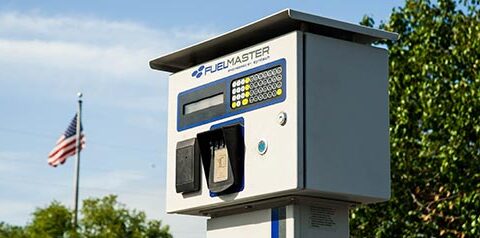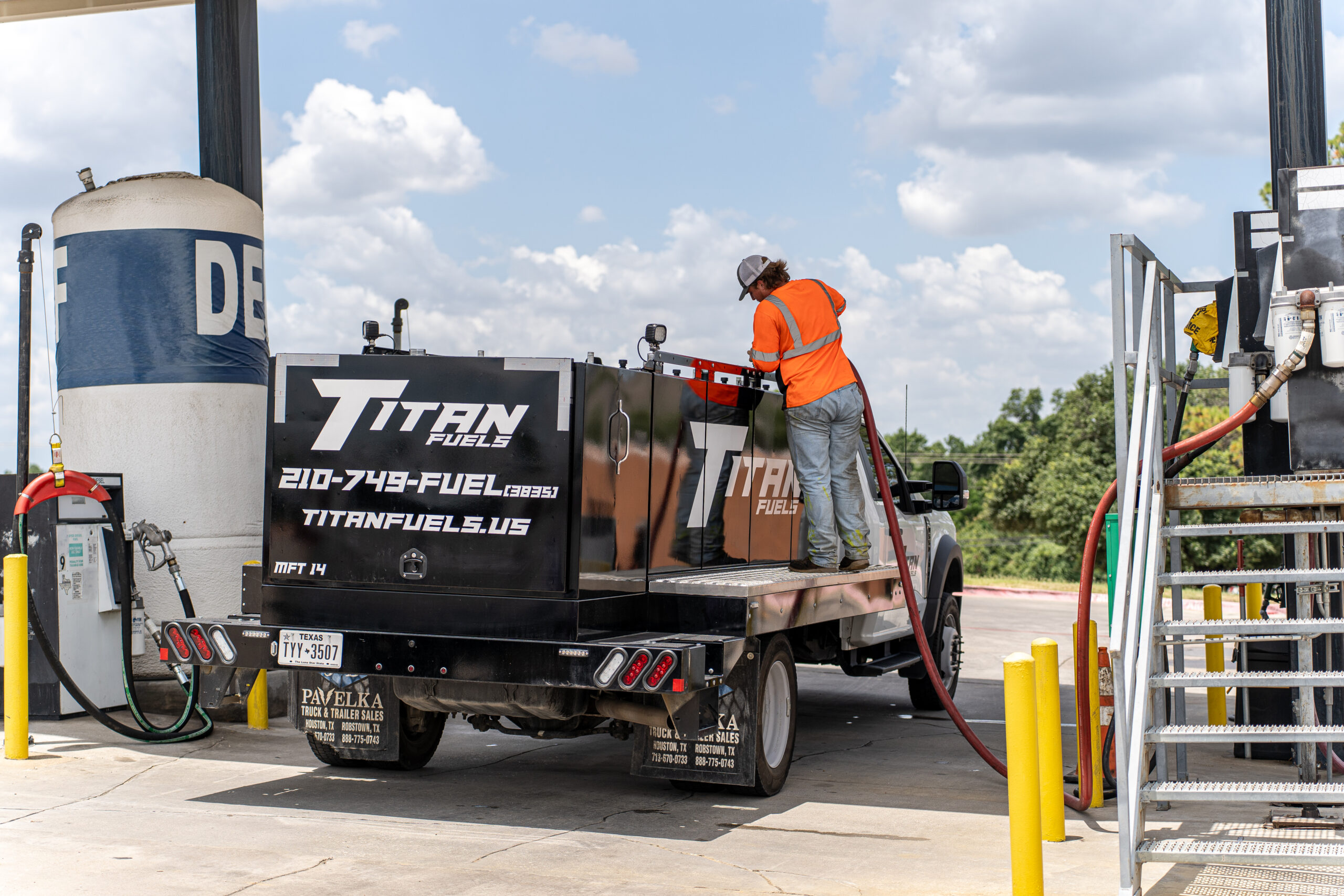What You Need to Know About Bulk Fuel Tank Testing
Regularly scheduled bulk fuel tank testing should be part of your routine maintenance. Taking proper care of your above ground storage tanks keeps your fleet and equipment safe from contaminants.
Most importantly, bulk storage container inspection minimizes the risk of tank failure. Knowing how to avoid an expensive hazardous clean-up is vital.
The key is to have a specific plan, schedule, and procedure . Surprisingly, the government does not state how often you need to test your tanks. So, understanding more about what’s involved will help you determine the best fuel testing plan for your company.
The Importance of Planned Fuel Storage Tank Testing
First of all, proper fuel storage tank maintenance consists of two primary tests:
#1 Fuel Sample Test – the first thing to check for is water in the tank. Over time, water can decrease the power of any motor. That is because of the biodegradation of the fuel. Loss of engine power is especially serious and dangerous when dealing with big machinery.

Additionally, since water is heavier than fuel, it will sink to the bottom of the bulk storage container. That will cause microbes to grow inside and rust the tank.
#2 Integrity Fuel Tank Storage Test – This starts with visual inspections (which should be ongoing). And, different storage tank sizes have different requirements. The Environmental Protection Agency states:
“The SPCC rule requires that you:
- Test or inspect each container for integrity on a regular schedule and whenever you make material repairs; and
- Frequently inspect the outside of the container for signs of deterioration, discharges, or accumulation of oil inside diked areas. This visual inspection is intended to be a routine walk-around and includes the container’s supports and foundations.
- Identify in your SPCC Plan the type and frequency of testing and inspection for each container and the appropriate qualifications of personnel performing the tests and inspections. You must retain testing and inspection records for 3 years. EPA recommends that formal test records or reports be retained for the life of the container. “
How To Avoid Expensive Above Ground Tank Leaks
Planned and consistent visual integrity tank testing can help you avoid above-ground leaks. That one practice alone can catch a small problem before it becomes dangerous or costly. This type of visual examination can often be done by trained personnel at your facility.
But, when it comes to the government-required inspections, that’s when you’ll need to hire experts. Along with the testing, Ricochet Fuel uses advanced technology for cleaning and repairing the tanks. That helps keep your community, staff, and the environment safe.
Government Regulations on Bulk Storage Container Testing

The Environmental Protection Agency states:
“Regularly scheduled inspections, evaluations, and testing of bulk oil storage containers by qualified personnel are critical parts of discharge prevention.” You can find more information by reading the Bulk Storage Container Inspection Fact Sheet
Let Ricochet Fuel Keep Your Fleet Safe and Running Great
Since 1988, Ricochet Fuel Distributors, Inc. has been supplying bulk fuel. We service Texas and the surrounding states of Arkansas, Louisiana, New Mexico, Oklahoma, Georgia, Iowa, Kansas, Missouri, Ohio, Pennsylvania, South Carolina, and Wisconsin. We’d like to make you one of our satisfied customers too. For your bulk fuel tank testing, cleaning and repair contact Ricochet Fuel today.


